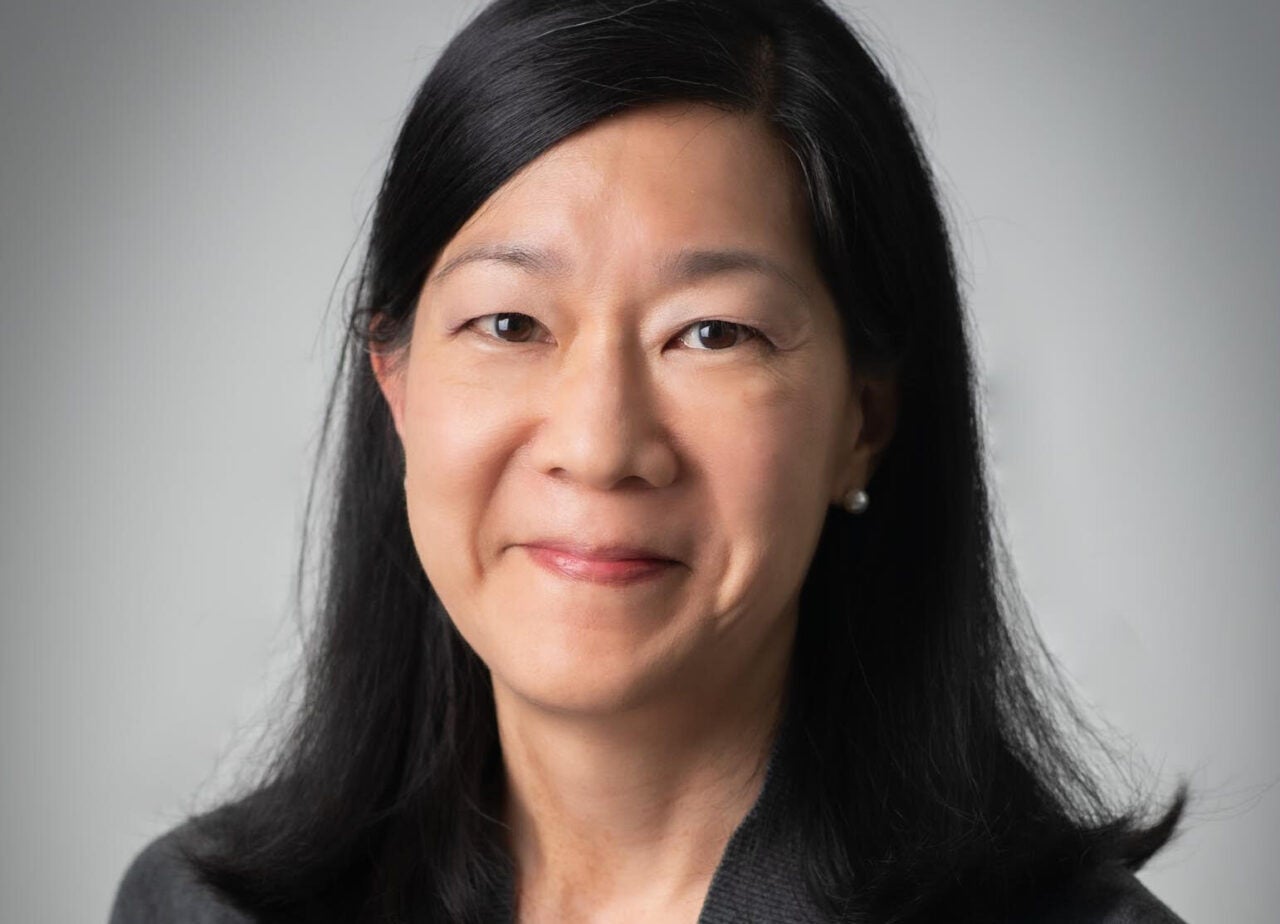This series highlights members of the GEDC community who are clinical champions for older adults in the emergency department. Dr. Ula Hwang is the Medical Director for Geriatric Emergency Medicine at New York University and a core investigator at the GRECC (Geriatrics Research, Education and Clinical Center) at the James J. Peters Bronx VAMC.
Her research focuses on improving the quality of care older adults receive in the ED setting that ranges from observational studies of analgesic safety and effectiveness in older patients to multi-center implementation science studies of geriatric emergency care interventions. Hwang currently co-PIs the Geriatric Emergency Department Collaborative and is the PI on the Geriatric Emergency care Applied Research (GEAR) network.
Early in her career as a researcher, Dr. Ula Hwang became interested in studying the relationship between emergency department overcrowding and patient care. As she pursued this research course while serving as a research fellow at Yale, her mentors encouraged her to examine the impact of emergency department crowding on older adults.
“I saw older adults as a vulnerable population during periods of crowding, and so I focused on that as a content area,” Hwang said. “My interests stemmed from having questions that I wanted to answer and being fortunate enough to work with peers and faculty mentors who highlighted these things for me.”
Hwang, who is now a GEDC co-PI and GEDC Core Faculty Member, will continue to pursue her passion for providing outstanding emergency department care for older adults in a new role as Medical Director for Geriatric Emergency Medicine at New York University.
“It was exciting to see that NYU is interested in vesting their efforts to build programs focused on aging,” Hwang said. “They see the emergency department as the front door to their healthcare system and recognize the important role that the ED can play in improving the care of their older adult population.”
Hwang began this role in September 2023 and will continue her research agenda, which currently focuses on growing the network of geriatric emergency medicine researchers through her role as PI with the National Institute on Aging (NIA) funded GEAR, the Geriatric Emergency care Applied Research Network. GEAR identifies geriatric emergency medicine research priorities from researcher, care provider, patient and care partner perspectives with an infrastructure supporting the generation of evidence to close these gaps in care. The network does this by providing funding to scholars who study these priority areas.

GEAR is also working to build a data infrastructure that will allow multiple healthcare sites to collaborate and facilitate multi-center studies.
“The population is aging and the ability to generate evidence of impactful, high-quality care takes time,” Hwang said. “We have to accelerate that and set up efficient ways to promote research, promote collaborations and grow that pipeline of researchers.”
An additional initiative under the GEAR umbrella supports research in emergency care for persons with dementia. Known as GEAR 2.0 Advancing Dementia Care (ADC), the program is also supported by the NIA and highlights the role that the emergency department plays in dementia care.
“Many [patients with dementia] land in the emergency department, and there’s an opportunity there to detect and change the care that they might receive and change the trajectories that they might have in terms of their outcomes,” Hwang said.
In addition to her position at NYU and her work with GEDC and GEAR, Hwang serves as a core investigator at the Geriatrics Research, Education and Clinical Center at the James J. Peters Bronx VAMC. There, she is helping lead the dissemination and implementation of Geriatric ED practices across VA EDs, helping spread geriatric emergency care programs and best practices. The VA is now the country’s largest integrated healthcare system with more GEDs than any other.
Throughout her research career, Hwang has continued to be inspired by the impact that research can have on improving patient care, especially when it concerns older adults in the emergency department.
“What I love about the research is this is where we can generate evidence that can change how people practice and how they deliver care in a way that really can have a grand impact when it comes to older adults,” Hwang said.
Faculty

